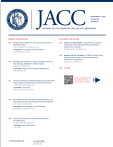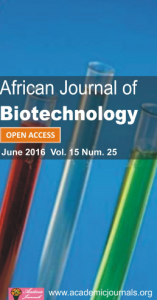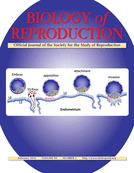An engineering journal has retracted two papers after a company complained the authors of the articles used its software without a valid license.
Both retracted papers were published by Ain Shams Engineering Journal in the last couple of years by different authors based in Egypt. Both papers used FLOW-3D, software that is used to simulate the dynamics of liquids and gasses, which is developed by the firm Flow Science, Inc., in Santa Fe, N.M.
Tom Jensen, vice president of Flow Science, told Retraction Watch the firm offered the authors of both studies to legalize their version of the software by purchasing a license.
But the company didn’t receive a response, Jensen said, despite informing the researchers a retraction would be sought from the journal without a valid license. “We offer greatly reduced prices for licenses for academic institutions and we have numerous academic users around the world,” he added.
Continue reading Complaint from engineering software company prompts two retractions
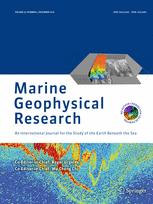 A 2016 paper has been retracted at the request of a company that provides geoscience solutions because the authors—who are employees of the company—included proprietary information and didn’t obtain proper permission.
A 2016 paper has been retracted at the request of a company that provides geoscience solutions because the authors—who are employees of the company—included proprietary information and didn’t obtain proper permission.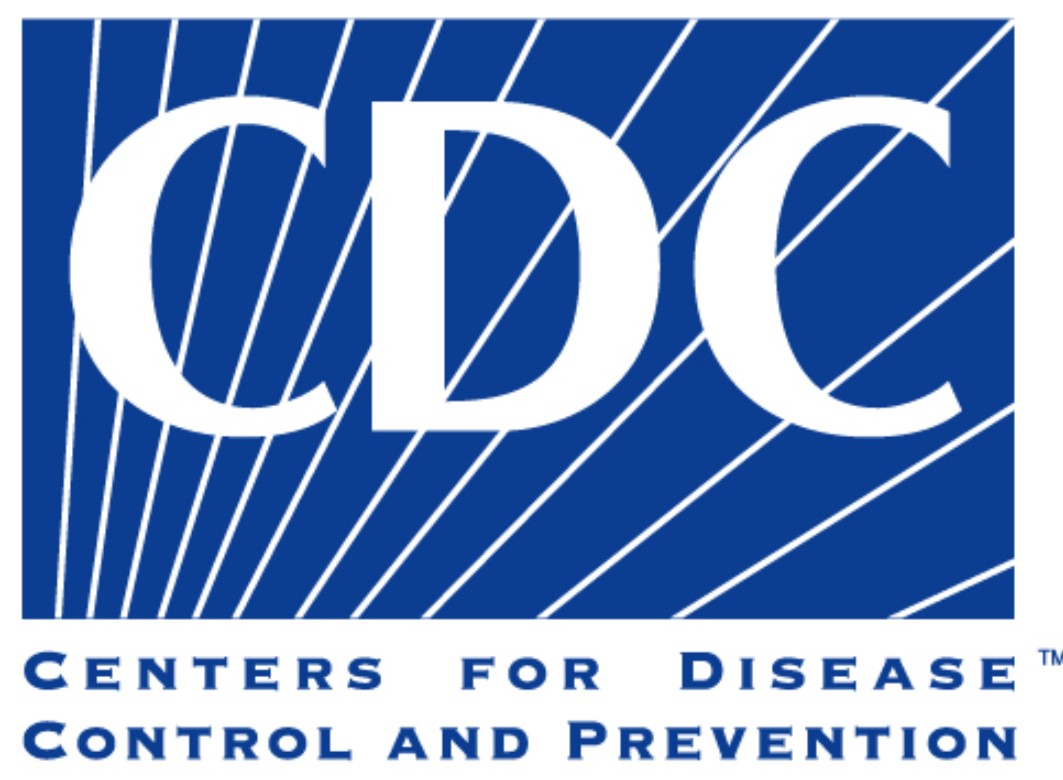 Sometimes, a seemingly run-of-the-mill retraction notice turns out to be much less straightforward.
Sometimes, a seemingly run-of-the-mill retraction notice turns out to be much less straightforward.

